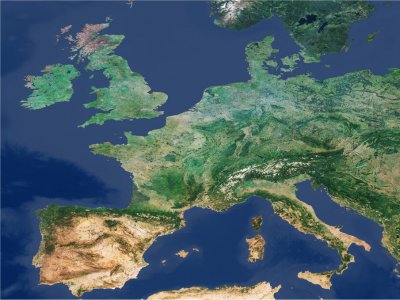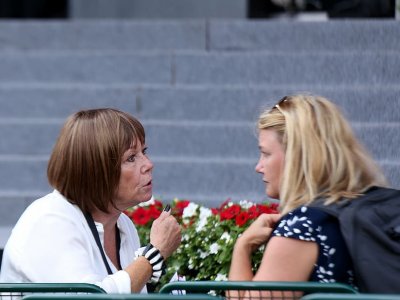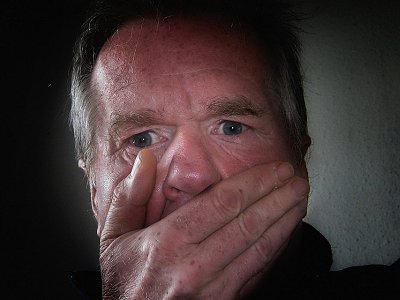
IMAGINED COMMUNITY
In The Dream of Europe, Dutch historian Geert Mak takes on the continent’s twenty-first century story.
There’s something contradictory, he says, about writing the history of an era when you’re right in the middle of it, of a world in which you’re fully involved.
His attempt to do this is built round three great socio-economic tremors: the global financial crash of 2008, the ensuing Greek debt crisis of 2009 and following years and the migrant emergency of 2015. It is a long, involved work.
Ben Judah has tried something very different in This is Europe (Picador, 2023). Adopting the style of his award-winning This is London, he tells the continent’s story via twenty-three disparate individuals. From Turks to Spaniards, Georgians to Swedes and Poles to Serbs, if there is one thing shared most in common, it’s the sense of outsiders trying to make their way from the edge of life to a place of security, even belonging.
History is having its makeover in the attention given to ordinary, prosaic, unseen lives that are lived in the shadow of bigger themes. Judah is not alone and not the first to deliver this, but it is a welcome departure from the grand sweeping narratives and ideologies by which the story of Europe has customarily been told.
He begins with a Dutch harbour pilot, Jelle, who boards and guides container ships into port. It is Europe’s consumer gateway. Jelle observes:
‘What rubbish is actually in these containers?’ It’s toys. TVs. Chairs. Tables. Bicycles. Shampoo. Only rubbish.
But the commentary on Europe’s excesses ends there and there is no logical progression in the book from seaport to city centre. Judah instead jumps from one location to another and tells each individual story in a staccato delivery that lends a sense of immediacy and urgency to their lives. It makes for a nervy, precarious read.
There is the resentful Romanian lorry driver whose account lifts the lid on the sordid risks long-distance jobs supply. The Latvian teenage girl who slips into online sex work, satisfying the fantasies of older men across the world but paying for her education along the way. The thoughtful Belarussian family that defies President Lukashenko and pays a heavy price. A young Turkish woman whose romance with an Austrian boy seems doomed to failure until the final moments. The Russian gas worker whose stint in the Arctic circle has a hint of the Gulag about it. A sex-obsessed Syrian refugee who makes it in the world of porn.
This latter case of the Arab porn star is indicative of Ben Judah’s journalistic style. The seemingly soulless promiscuity and infidelity carries no authorial judgment. Ibrahim escapes the war-ravaged Middle East, is subject to racist humiliation, has sex with anyone who is up for it and is about to be made homeless when he finds a way into an online Arab market in porn. It is part American dream and part pulp fiction set against the backdrop of conservative family Budapest. We are left wondering what to make of it, which is probably Judah’s intention.
Geert Mak speaks of Europe as a great project by free citizens who tried to take the course of history into their own hands instead of merely submitting to it; projects with their origins in the Enlightenment ideals of human rights, liberty, equality and fraternity.
Mak’s dreamy aspiration has just enough about it to attract outsiders but its values when probed are as malleable as playdoh. When pressure is applied, does Europe have a cohesive and durable moral code? The liberal individualism drawn from the left, where identity has become more distinctive than class, is suspicious of religion that makes hard boundaries rather than permeable membranes, and of objective moral values that constrain behaviour. The right, whose neo-liberal market forces have corroded the very family structures it claims to support, is wary of religion that champions diverse communities. The impact of the left and of the right in these ways is felt in the personal stories of Judah’s book. As unseen forces draw people to poles like filings to magnets, is there a way of transforming these emphases?
There is a relational view of life, perhaps buried deeply in the European Christian Democratic tradition, that values the quality of our relationships at every level over ever expanding GDP, the sacred cow of post-war politics. Where unity and diversity can be held in a creative partnership as we respond to the call to love others as we love ourselves. But it needs clear policy edges that rescue it from pious bromide.
In This is Europe we meet people who are deeply human and equally scarred, often by other people and the forces over which no-one seems to have control, who find their hope and meaning in the relationships they form and through which they make community. Further to the east, Belarussian author Svetlana Alexievich has spent a lifetime teasing out ordinary stories of the Soviet Union, from the veterans of Afghanistan to the victims of Chernobyl via the trauma of the nineties. Hers is a more discursive tale than Judah’s but carries the same sense of disorientation, loss and stoic hope.
Europe cannot be summed up, but Judah, in turning to its edges and listening patiently and empathetically to those who only want to make their way against the odds, inhabits the ethic of scripture in giving a voice to the voiceless. If its stripped back, breathless style carries echoes of Mark’s Gospel, the attention he gives to those in existential pain is St John’s. He calls them each by name. The moral question facing Europe is whether we really want to know their stories.
First published at: www.seenandunseen.com





